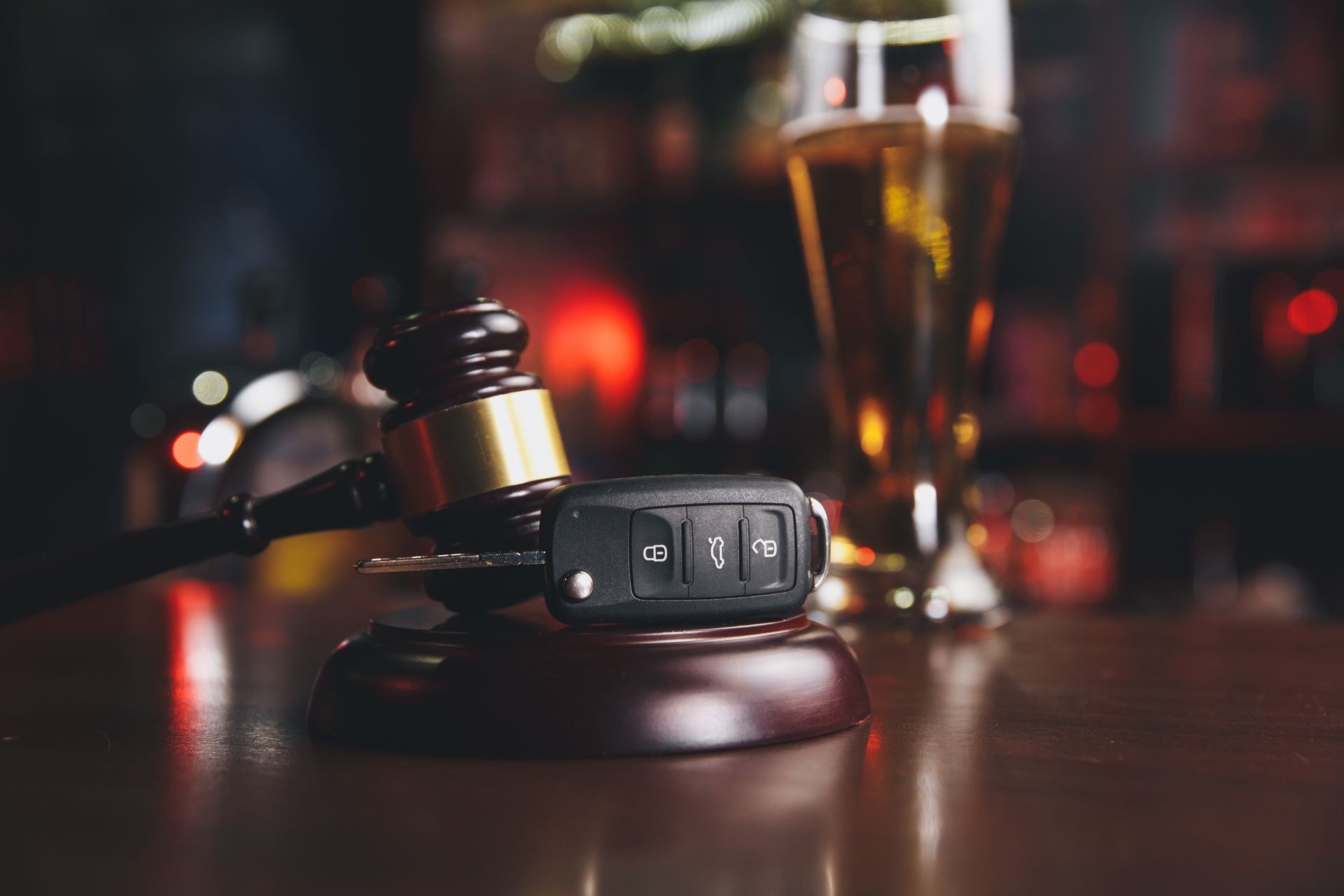DWAI vs. DUI in Colorado: What’s the Difference?
DWAI vs. DUI in Colorado: What’s the Difference?
In Colorado, impaired driving laws cover more than one type of offense. While most people are familiar with DUI (Driving Under the Influence), the state also recognizes a lesser but still serious charge known as DWAI (Driving While Ability Impaired).
At Alfrey & Associates, PC, we defend clients throughout Denver and across Colorado who have been charged with both DUI and DWAI. Understanding the distinctions between these two offenses is crucial to knowing what you are facing and how to build an effective defense.
What Is a DWAI?
A DWAI occurs when a driver’s ability to safely operate a vehicle is impaired by alcohol, drugs, or a combination of both, even if the driver’s blood alcohol concentration (BAC) is below the legal DUI limit.
Under Colorado law, you can be charged with DWAI if your BAC is between 0.05% and 0.079%, or if the arresting officer believes your driving ability was affected “to the slightest degree.”
Although DWAI is considered a lesser offense than DUI, it is still a criminal charge that can result in fines, jail time, and a permanent mark on your record.
What Is a DUI?
A DUI, or Driving Under the Influence, is the more severe impaired driving charge in Colorado. It applies when a driver’s BAC is 0.08% or higher, or when a driver is substantially incapable of safely operating a motor vehicle due to alcohol or drugs.
A DUI carries steeper penalties than a DWAI and can lead to longer license suspensions, higher fines, and extended jail sentences. Repeat DUI offenders face mandatory jail time and other serious consequences that can affect employment, insurance, and personal freedom.
Comparing DWAI and DUI Penalties in Colorado
While both DWAI and DUI are criminal offenses, their penalties differ based on the severity of the impairment and whether the driver has prior offenses.
For a first-time DWAI conviction, penalties may include up to 180 days in jail, fines up to $500, community service, and points added to your driving record.
A first-time DUI conviction can result in up to one year in jail, fines up to $1,000, community service, mandatory alcohol education classes, and a license suspension.
Subsequent convictions, whether for DWAI or DUI, bring harsher punishments including mandatory jail terms, higher fines, and potential felony charges for repeat offenses.
The Express Consent Law
Colorado’s Express Consent Law requires drivers to submit to a chemical test—either breath or blood—if law enforcement suspects impairment. Refusing this test results in an automatic driver’s license suspension, regardless of whether you are later convicted of DWAI or DUI.
For a first refusal, you can lose your license for one year, and this administrative penalty is separate from any criminal charges you may face.
Why These Charges Matter
Even though DWAI may seem like a minor offense compared to DUI, it still counts as a prior offense if you are ever charged again. This means that a future DUI or DWAI will be treated as a repeat offense, resulting in more severe penalties.
A DWAI conviction also creates a permanent criminal record that can impact employment, insurance rates, and other aspects of your life. That is why taking these charges seriously from the start is critical.
Building a Strong Defense
Every impaired driving case is different, and the outcome often depends on the details. At Alfrey & Associates, PC, we thoroughly examine every aspect of your case, including the legality of the traffic stop, the accuracy of chemical tests, and whether your rights were violated at any point in the process.
Our attorneys have extensive experience defending DWAI and DUI charges in Denver and surrounding Colorado counties. We are committed to reducing or dismissing charges whenever possible and ensuring that you receive fair treatment under the law.
Contact a Trusted Denver DWAI and DUI Defense Attorney
If you have been charged with DWAI or DUI in Colorado, it is vital to act quickly and secure experienced legal representation. These cases move fast, and early intervention can make a significant difference in the outcome.











